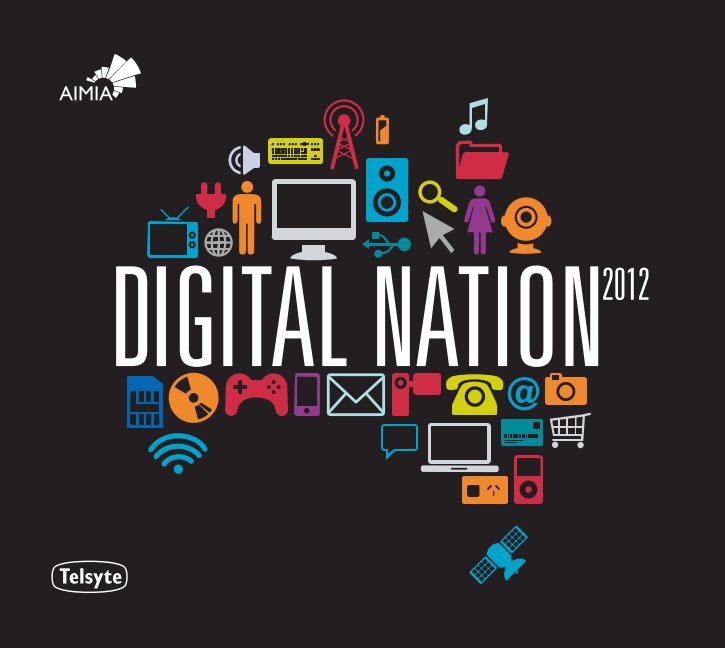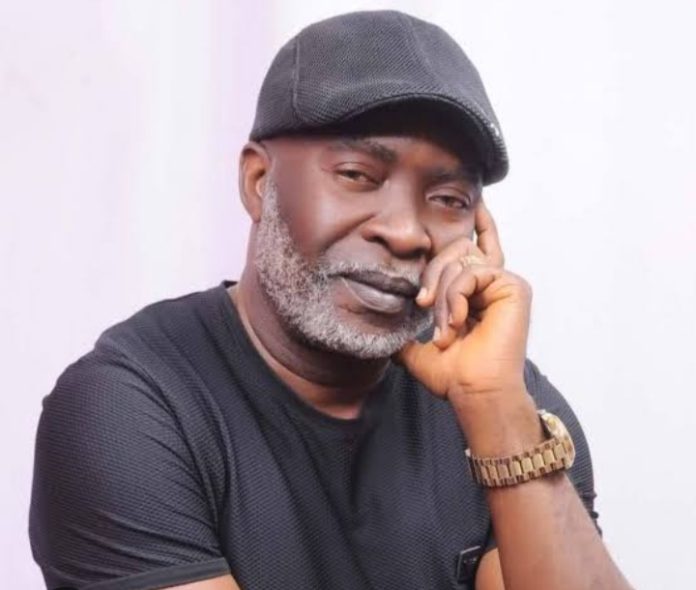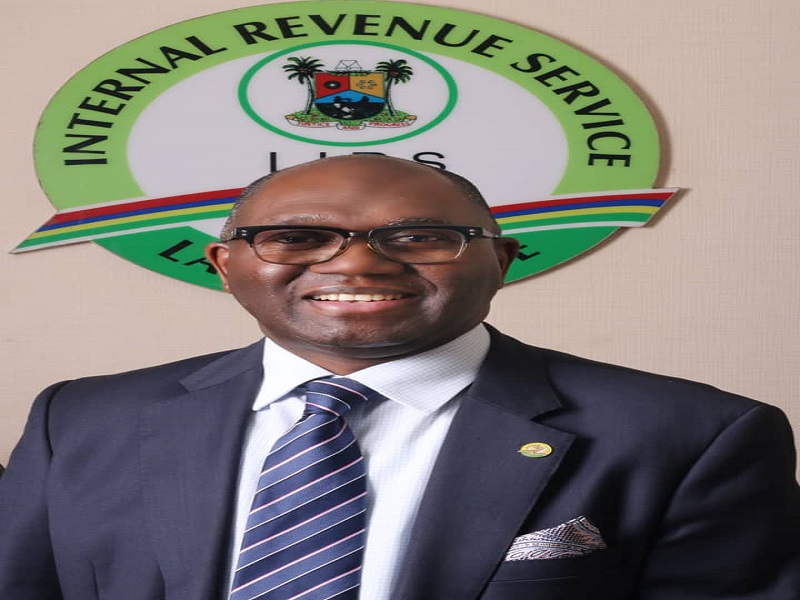News
2.3M Young Africans get Empowerment with Digital, Coding Skills

Those who still believe that African youths may be left behind in the global competitiveness with digital and coding skills should better have a rethink.
With coding as a universal language that could bridge not only the gender and income gaps but enable also inclusive access to 21st century education, it is essential that young talent speak the language in order to be active participants in the global digital economy.
With sharp focus on capacity-building driving sustainable learning impact across the continent, number of young African talents with digital skills for challenges ahead are increasing by the day.
Just recently at the just concluded Africa Code Week, ACW, 2018, held in South Africa, no fewer than 2.3 million youth across 37 countries were empowered with digital and coding skills compared to 1.3 million youth engaged across 35 African countries in the previous edition.
From an initial focus of introducing coding skills to African youth and raising awareness of the importance of digital education, ACW key partners focused and augmented efforts in 2018 to sustain the impact of the programme through capacity-building with governments, schools and NPOs.
Meanwhile, close to 23,000 teachers were trained on the ACW digital learning curriculum in the run-up to October 2018 events.
Leveraging Africa Code Week to accelerate nationwide ICT capacity building since 2015, Morocco stands out again this year with a record of 5,208 teachers trained throughout the year 2018.
Tunisia and Nigeria follow with respectively 2,800 and 2,553 teachers trained this year. Launched in 2015 by SAP’s Corporate Social Responsibility EMEA department, ACW is an award-winning initiative taking place every year in the month of October.
It is now actively supported by key partners UNESCO YouthMobile, Google, the German Federal Ministry for Economic Cooperation and Development (BMZ), the Cape Town Science Centre, the Camden Education Trust, 28 African governments, over 130 implementing partners and 120 ambassadors across the continent.
Empowering girls, reaching the unreached More than 46% of this year’s 2.3 million participants were female, reflecting a huge appetite for digital skills development among Africa’s girls. Dedicated grants came in from key partner BMZ, who has been supporting ACW since 2016 as part of the #eSkills4Girls initiative.
This year, BMZ awarded 20 grants to organisations across 15 emerging and developing countries, introducing 13,791 girls to digital skills and employment perspectives.
SAP further collaborated with UNESCO and BMZ/GIZ to strengthen the gender component of the Train-the-Teacher package for Africa Code Week.
With excitement, Cathy Smith, Managing Director of SAP Africa, believed that the resounding success of Africa Code Week was a wake-up call unveiling what the young generation actually needed and rightfully expected.
“Young people in Africa don’t just need opportunities: they need to know how to take the first steps to get there. They need role models and guidance”, she said.
Also speaking, Davide Storti, YouthMobile Initiative Coordinator at UNESCO’s Knowledge Societies Division, “There is only one way to bring the promises of the Fourth Industrial Revolution to the young generation: through a reference point, and that reference point is the teacher.
“We look forward to furthering dialogue with governments, so we can translate the powerful partnerships and networking built by and around Africa Code Week into long-term programmes that sustain the excitement around 21st century learning.”
According to Alexandra van der Ploeg, Head of Global Corporate Social Responsibility at SAP,
“fostering powerful partnerships with a sharp focus on capacity building is one of Africa Code Week’s strengths, and a solid cornerstone as it strives to not only support UN Sustainable Development Goal 4 (‘Ensure quality and inclusive education for all’), but also SDG 17 which aims to ‘strengthen and revitalise the global partnership for sustainable development. “
This fourth edition saw unprecedented collaboration from our public and private sector stakeholders, as well as from NGOs, to train more teachers and reach more young people than ever before,”.
“Female representation in African companies in STEM-related fields currently stands at only 30%, requiring powerful public-private partnerships to start turning the tide and creating more equitable opportunities for African youth to contribute to the continent’s economic development and success,” concludes Sunil Geness, Director of Government Relations and CSR at SAP Africa and Global Coordinator of ACW 2018.
News
Stanley Amandi, Nollywood Actor Arrested over Alleged Coup Plot against Tinubu

Stanley Amandi, veteran Nollywood actor and filmmaker, has been arrested by the Nigerian military over his alleged role in a foiled coup plot to overthrow President Bola Tinubu’s government, according to an exclusive report by Premium Times.

Stanley Amandi, Nollywood Actor
The filmmaker, also a former chairman of the Actors Guild of Nigeria (AGN) Enugu State chapter, was reportedly detained in September 2025 alongside several military officers accused of planning a violent overthrow, including potential assassinations of top officials, according to the newspaper’s sources.
Reports indicated that the coup plotters planned to wholesale assassination of top government officials including President Tinubu, Vice President Kashim Shettima, Senate President Godswill Akpabio, and Speaker of the House of Representatives Tajudeen Abbas, among others.
On Monday, the Defence Headquarters confirmed the plan to illegally oust the Tinubu administration, saying the indicted officers will be arraigned before military judicial panels.
In its statement, the Defence Headquarters said the investigation has been completed and forwarded to “appropriate superior authority in line with extant regulations.”
According to the military, the investigation was “comprehensive” and conducted in line with established procedures, examining “all circumstances surrounding the conduct of the affected personnel.”
The military disclosed that the findings identified “a number of the officers with allegations of plotting to overthrow the government,” describing such conduct as “inconsistent with the ethics, values and professional standards required of members of the Armed Forces of Nigeria.”
Mr Amandi has featured in many Nollywood movies and is known for his work as an actor, production manager and director.
His notable works include “The Album,” where he served as director; “Tiger King,” where he also served as director and produced in 2008; “Cornerstone,” produced in 2019; and “Once Upon a Dream,” in which he appeared as an actor in 2024.
Mr Amandi’s last Instagram post was on 19 September 2025, shortly before his arrest.
News
Firms Commit to Boost African Robotics Market

AfricAI and Micropolis Robotics have signed a multi-year exclusive distribution and deployment agreement, which marks one of the continent’s most significant robotics market entries.

Micropolis AI Robotics is a United Arab Emirates-based robotics manufacturer operating in autonomous systems, while AfricAI is a company building practical, revenue-driven artificial intelligence (AI) systems for African businesses, governments, and global partners operating in emerging markets.
According to the agreement, Micropolis Robotics named AfricAI as its exclusive continental partner, prohibiting direct sales, alternative distributors, and third-party agents from operating in the territory.
The partnership establishes AfricAI as the primary execution, localisation, and go-to-market platform for intelligent robotics in Africa’s industrial, security, logistics, and infrastructure sectors.
AfricAI said this exclusive mandate positions the company as the gateway for advanced autonomous systems entering African markets, ensuring regulatory compliance, local capacity building, and sovereign control over deployment frameworks.
The partnership, according to the two parties, moves beyond software- based AI into the realm of physical AI — intelligent machines capable of operating in complex, real-world African environments.
“This is not a collaboration, it is a market-shaping mandate,” said Fareed Aljawhari, CEO of Micropolis Robotics. “AfricAI now represents the exclusive gateway through which Micropolis technologies enter Africa. Their sovereign AI vision, operational reach, and regulatory fluency make them the only partner capable of executing at a continental scale.
Furthermore, the agreement enables AfricAI to integrate Micropolis’ autonomous robotics systems with AfricAI’s sovereign AI stack, resulting in AI-powered security and surveillance platforms, robotics-enabled logistics and port operations, industrial automation, smart infrastructure, and municipal robotics tailored to African operating conditions.
Initial deployments will commence in security, smart infrastructure, and logistics, with phased expansion across multiple African states as part of AfricAI’s broader continental AI, data, and intelligent infrastructure strategy.
The agreement also includes long-term performance-linked expansion rights, automatic renewals, and a defined localisation framework to support robotics deployment, workforce training, and skills transfer across Africa.
Prince Malik Ado-Ibrahim, executive chairman of AfricAI, said: “Africa does not need imported automation — it needs sovereign, context-aware intelligent systems. This exclusive mandate allows AfricAI to industrialise robotics deployment at scale while retaining control, compliance, and value creation on the continent.”
News
Subair: LIRS Won’t Raid Accounts – Unless You’ve Lost Every Court Battle

Lagos State Internal Revenue Service Executive Chairman Ayodele Subair Tuesday demolished online panic over alleged bank account raids, insisting the agency’s “Power of Substitution” targets only hardcore tax dodgers who have exhausted every appeal from tribunals to the Supreme Court over half a decade of disputes.

Ayodele Subair
Subair, speaking on Arise TV, shredded viral fears that LIRS would swoop on residents’ savings without warning, clarifying the mechanism under Section 60 of the Nigeria Tax Administration Act 2025 kicks in solely after assessments spark objections, reconciliations, demand notices, and a gruelling courtroom odyssey through High Court, Court of Appeal, and apex rulings.
The LIRS weekend notice had ignited fury by announcing enforcement via third parties – banks, employers, tenants, debtors – to claw back unpaid Personal Income Tax, Capital Gains Tax, Stamp Duties, and Withholding Tax from chronic defaulters holding funds or owing money to them, whether due now or accruing later.
Subair likened the process to a “long timeframe, not less than five years,” where recalcitrant bigwigs who stonewall every step become fair game, with LIRS directing agents like customers or partners to divert payments straight to the taxman in lawful settlement.
Far from arbitrary grabs, the chairman stressed it’s a final resort for “entirely recalcitrant” holdouts who ignore Notice of Refusal to Amend (NORA) and every olive branch, ensuring Lagos coffers snag rightful revenue fuelling the state’s bulging budget without shotgun raids on compliant payers.
As social media buzzes with defiance – “They can’t touch my account!” – Subair’s blueprint spotlights Nigeria’s tax evasion scourge starving subnationals of trillions yearly, with Lagos alone chasing billions in arrears amid federal revenue wars and economic headwinds squeezing the commercial capital’s 25 million souls.
Industry voices nod to the legality but plead for digital dashboards tracking disputes transparently, warning overzealous recovery could spook investors in Africa’s fintech and startup mecca already reeling from naira nosedives and grid glitches.
With LIRS poised to unleash the hammer on vetted violators, Subair’s clarion call aims to separate myth from muscle, bolstering Lagos’ IGR juggernaut that hit N815 billion last year while daring defaulters to test the full judicial gauntlet before crying foul.

 Telecom2 days ago
Telecom2 days agoPolice Bust ₦7.7bn Telecom Hack Gang, Seize 400 Laptops in Massive Fraud Swoop

 E-Financial3 days ago
E-Financial3 days agoPayPal Goes Live in Nigeria through Paga

 Broadcasting2 days ago
Broadcasting2 days agoNITDA, NBC Explore Strategic Collaboration on Digital Transformation, Media Regulation

 General News2 days ago
General News2 days agoNaira Smashes Through ₦1,400 Barrier in Official FX Rally

 General News2 days ago
General News2 days agoNCC Slaps ₦250,000 Fee on Trial Licences to Spur Telecom Innovation

 General News3 days ago
General News3 days agoFacebook Powers Connection, Creativity at African Creators Summit 2026

 E-Business3 days ago
E-Business3 days agoGold Hits Record $5,110/Ounce Amid Trump Tariff Threats, Geopolitical Fears

 Telecom3 days ago
Telecom3 days agoTikTok, Instagram Blamed in US Youth Suicide Lawsuit

























